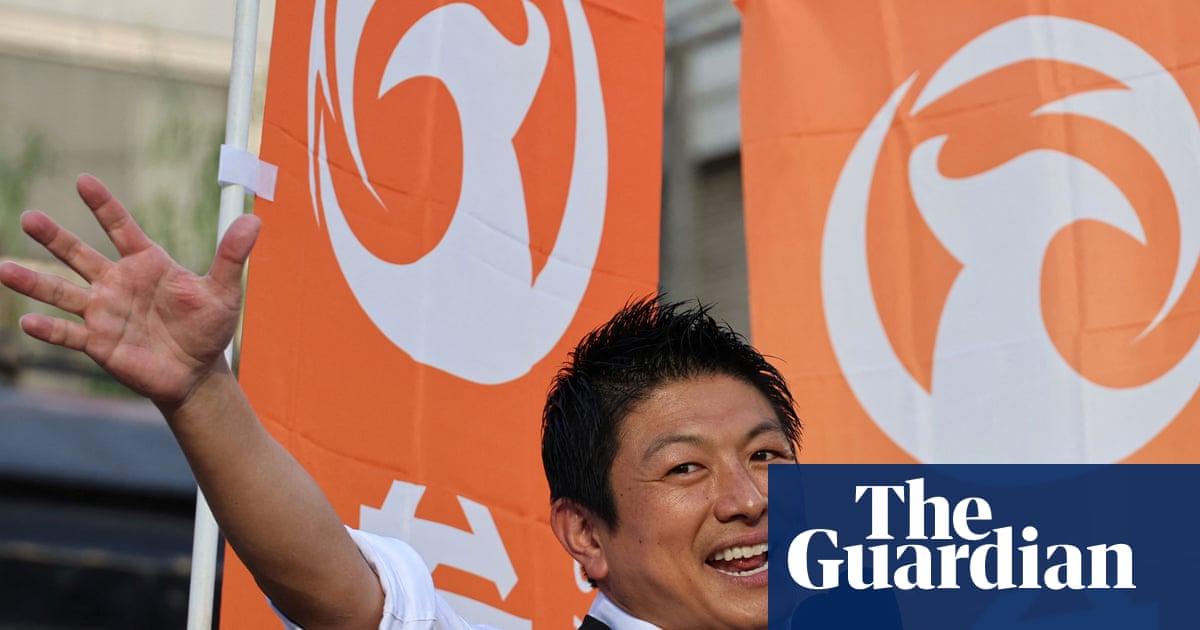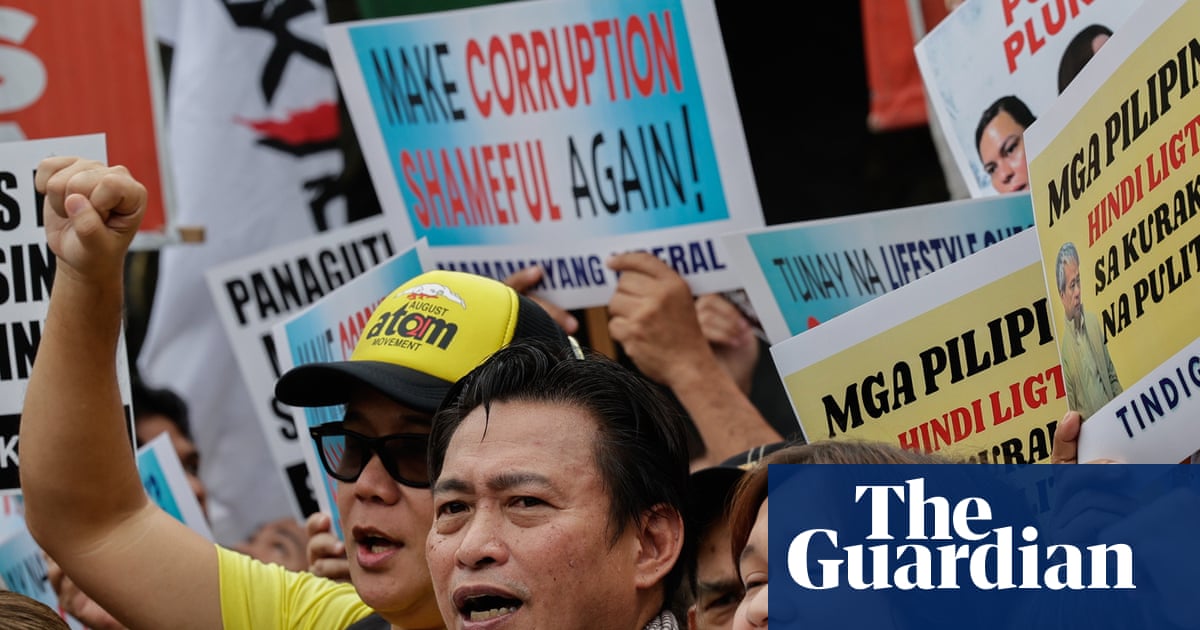Visiting Washington, Benjamin Netanyahu delighted in telling Donald Trump that he had nominated him for the Nobel peace prize. The Israeli prime minister cited Mr Trump’s efforts to end conflicts in the Middle East. But in truth he is grateful to the US president for joining his war against Iran last month and for allowing carnage in Gaza to continue after a brief pause. He is also eager that the US president does not strong‑arm him into another ceasefire. Perhaps the indirect talks between Hamas and Israel in Qatar will reach a temporary deal again, with hostages released and possibly more aid allowed in. Even so, few expect that a lasting peace would result.
Words matter. They have become so detached from reality when it comes to Israel’s war in Gaza that it is not merely absurd, or despicable, but obscene. The defence minister, Israel Katz, has laid out plans for a “humanitarian city”: this means forcing all Palestinians in Gaza into a camp that the military would bar them from leaving. Prof Amos Goldberg, a historian of the Holocaust, used the accurate words: it would be “a concentration camp or a transit camp for Palestinians before they expel them”. The “emigration plan” which Mr Katz says “will happen”, according to the Israeli newspaper Haaretz, is in fact an ethnic cleansing plan. No departure can be considered voluntary when the alternative is starvation or indefinite imprisonment in inhuman conditions.
Some think the proposal is a political gambit. Perhaps. Israel has yet to find countries prepared to take Palestinians. Yet it is laid out not even by extremist coalition partners whom Mr Netanyahu wants to keep on board, but by a man whose position gives him the authority to carry it out – even if the military has qualms.
Ideas previously seen as unfeasible and unconscionable have already become reality. The “humanitarian distribution” system run by the private Gaza Humanitarian Foundation summons starving Palestinians into a death trap; hundreds have been killed. Soldiers near the hubs have told journalists that they were ordered to shoot at unarmed Palestinians who pose no threat – a war crime. (The Israeli government called the allegations “blood libels”.) The IDF says it attempts to minimise civilian casualties. But most of the tens of thousands who have died are women and children. Israel has killed hundreds of medical workers: another war crime.
Words matter. When South Africa took its genocide case to the international criminal court, many resisted that description. Far fewer do so now. The legal bar is extraordinarily high. But signatories to the genocide convention are required to prevent it, and the US has declared genocides four times in the last decade. Destroying Palestinians’ means of survival, planning the removal of Gaza’s population and envisioning its outright destruction are surely not merely brutal acts but ones committed with “intent to destroy, in whole or in part, a national, ethnical, racial or religious group” – the definition of genocide in the UN convention.
Israel’s rhetoric aims to obscure the horror, and allow those who are complicit, including the UK, to distance themselves. Leaders must face the facts. EU ministers will next week consider the internal review of the bloc’s trade agreement with Israel. They should follow through with action. If he wants a Nobel, Mr Trump should insist on a peace that truly means peace, instead of being dazzled by the mirage of a riviera built in Gaza’s ruins.

 2 months ago
77
2 months ago
77

















































